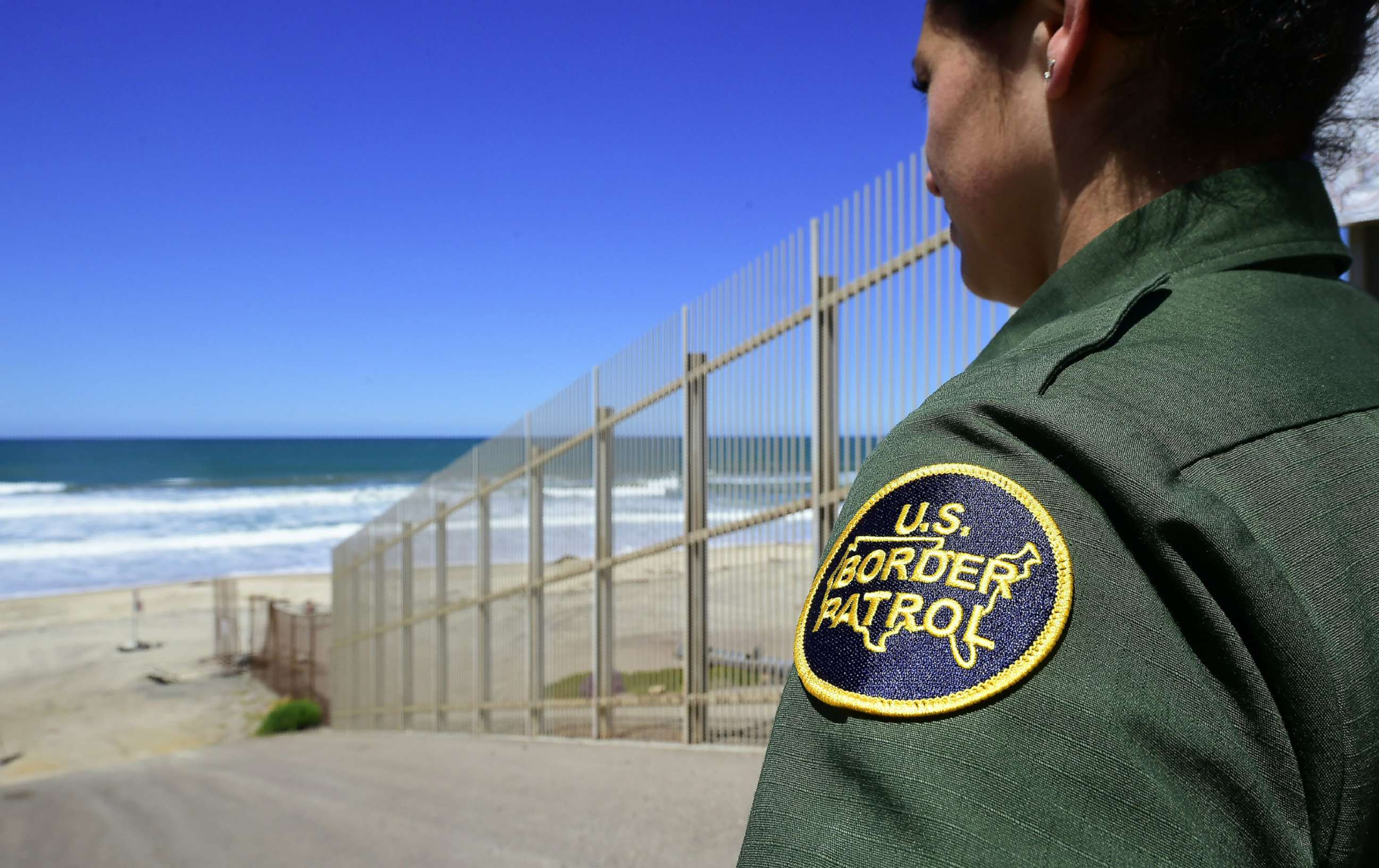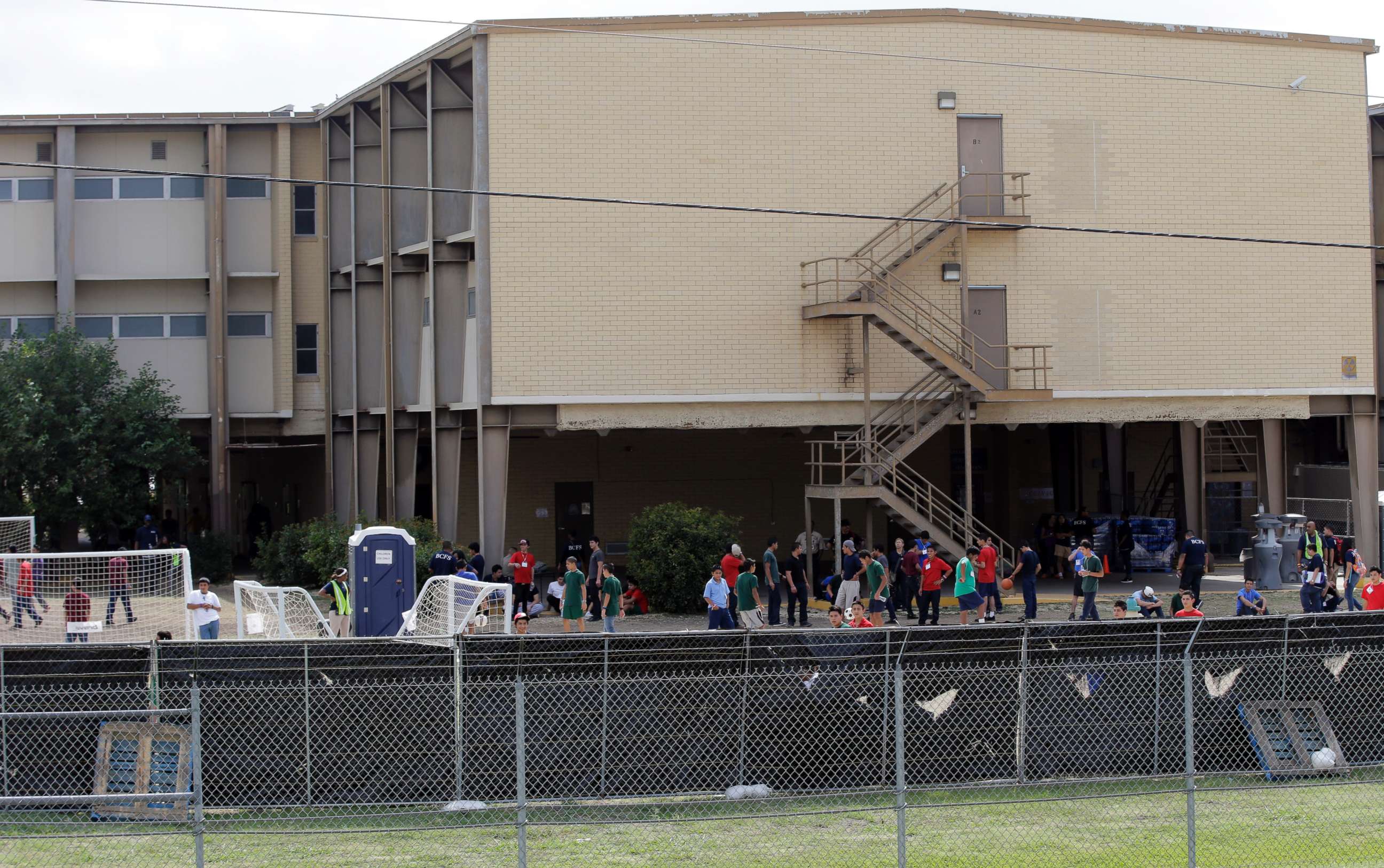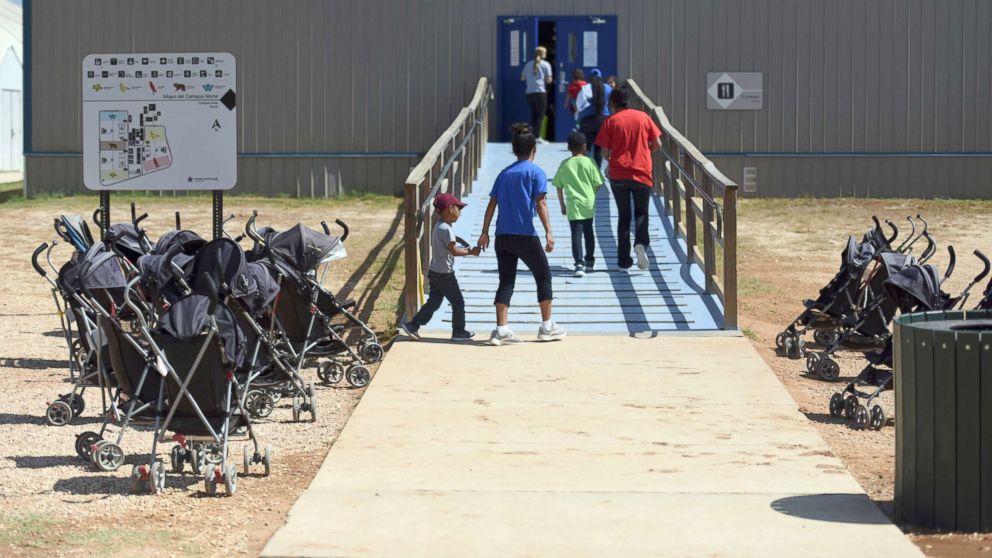Livid lawmakers clash with feds over safety of unaccompanied immigrant children

Lawmakers clashed with federal officials during a heated hearing Thursday examining which agencies maintain legal responsibility for the welfare of unaccompanied, undocumented immigrant children after they are placed in the homes of sponsors.
Amid a growing backlog of children who cross the U.S.-Mexico border without a parent or legal guardian, a bipartisan report released Wednesday evening found several federal agencies failed to address deficiencies that create “significant risk for trafficking and abuse” for immigrant minors who are placed by the Office of Refugee Resettlement into homes with sponsors.
After the Senate Permanent Subcommittee on Investigations released its 52-page report, Sens. Rob Portman and Tom Carper, the chairman and ranking member of the Permanent Subcommittee on Investigations (PSI), pressed federal officials at the Departments of Health and Human Services, Homeland Security and Justice on their efforts to protect such children (UACs) from human trafficking and other forms of abuse after they are placed in the homes of sponsors and await legal proceedings.
Commander Jonathan White, U.S. Public Health Service Commissioned Corps, Federal Health Coordinating Official for the 2018 UAC Reunification Effort at HHS, insisted under sworn testimony that the responsibility to enforce the law is not HHS’s.
“HHS does not presently have the authority to exercise supervision or oversight of children who are not in the physical care and custody of ORR,” White testified. “We have neither the authorities nor the appropriations to exercise that degree of oversight after minors exit ORR care.”
That posture flabbergasted several senators.
“You're catching these children and then you're releasing them and everyone goes like this: 'not my problem!'” Sen. Claire McCaskill, D-Mo., exclaimed incredulously.

“I can tell you along with the rest of America this sickens me,” Sen. Heidi Heitkamp, D-North Dakota, said. “It sickens me that these children have been put in this position and in harm's way and that we in the United States government have responsibility for these children.”
The departments, collectively, slammed the report as “misleading,” adding that it “demonstrates fundamental misunderstandings of law and policy related to the safety and care of Unaccompanied Alien Children.”
“Congressional oversight is critical and often helps to improve the agencies’ operations, but flawed reports based on a lack of understanding of Executive branch operations will not produce any meaningful opportunities to advance legislation,” DHS, HHS and DOJ noted in a joint statement.
Without a federal agency tasked to ensure the children appear at their immigration court cases, an increasing number of the kids have failed to show up, the report found.
Over a three-month period in 2017, HHS attempted to locate 7,635 undocumented immigrant children whose cases were still pending. Out of 7,635 attempted phone calls, HHS discovered that 28 of the kids “had run away” and the agency was “unable to determine with certainty the whereabouts of 1,475 UACs.”
Despite those facts, White asserted that there are “no lost children” – prompting a sharp rebuke from Portman.
“Your blanket statement that there are no lost children is simply inaccurate. There are lost children, clearly,” Portman, R-Ohio, said. “Of course there are lost children — and that’s the whole point here. No one’s responsible.”
DOJ immigration courts have more than 700,000 backlogged cases, according to the report. As of the end of June, a whopping 80,266 pending cases awaited a resolution from just 355 immigration judges authorized to review the mounting legal work – a stunning figure that has exploded from 18,852 at the end of 2014.

“A siloed response to child welfare is not acceptable,” Sen. Maggie Hassan, D-New Hampshire, said. “These children are here and the American people want to know we are doing what we would do for any child to make sure they are safe.”
While current cases have been pending an average of 480 days, President Donald Trump has scoffed at proposals to hire more judges to handle the casework.
“I don't want judges,” Trump said during a campaign rally in South Carolina on June 25.
“I want ICE and border patrol agents. That's what I want.”
The report notes that the Department of Justice currently has the authority to hire 129 additional judges, though James McHenry, III, the director of DOJ’s Executive Office for Immigration Review, told the panel that that figure is misleading and the department expects to fill all vacancies in the next year.
“Our bigger problem is not hiring. We've gotten the hiring process down to as little as 266 days right now. Our bigger problem is going to be space and logistics,” McHenry said. “By the end of this year, we'll approximately 426 permanent courtrooms. That's less than our authorization. We can't hire judges until we have the courtrooms or until we have the space for them and we can't procure more space until we get our appropriations.”
More than 200,000 unaccompanied minors have entered the country illegally in the past six years, according to the report.
The investigation was initiated in 2015 after the subcommittee learned that HHS had placed eight children with human traffickers who subjected the children to forced labor on an egg farm in Marion, Ohio. The subcommittee found that HHS had failed to establish procedures to protect such children, such as conducting sufficient background checks on sponsors and following up with sponsors and the kids to ensure the childrens’ welfare.
The panel held two previous hearings on April 26, 2018 and January 28, 2016, when the agencies agreed to craft a Joint Concept of Operations to explain their responsibilities for the care and safety of unaccompanied and undocumented immigrant children before and after they are placed with sponsors. After the agencies delayed submitting a written response to lawmakers, the document was finally submitted on July 31—17 months after it was initially due.




